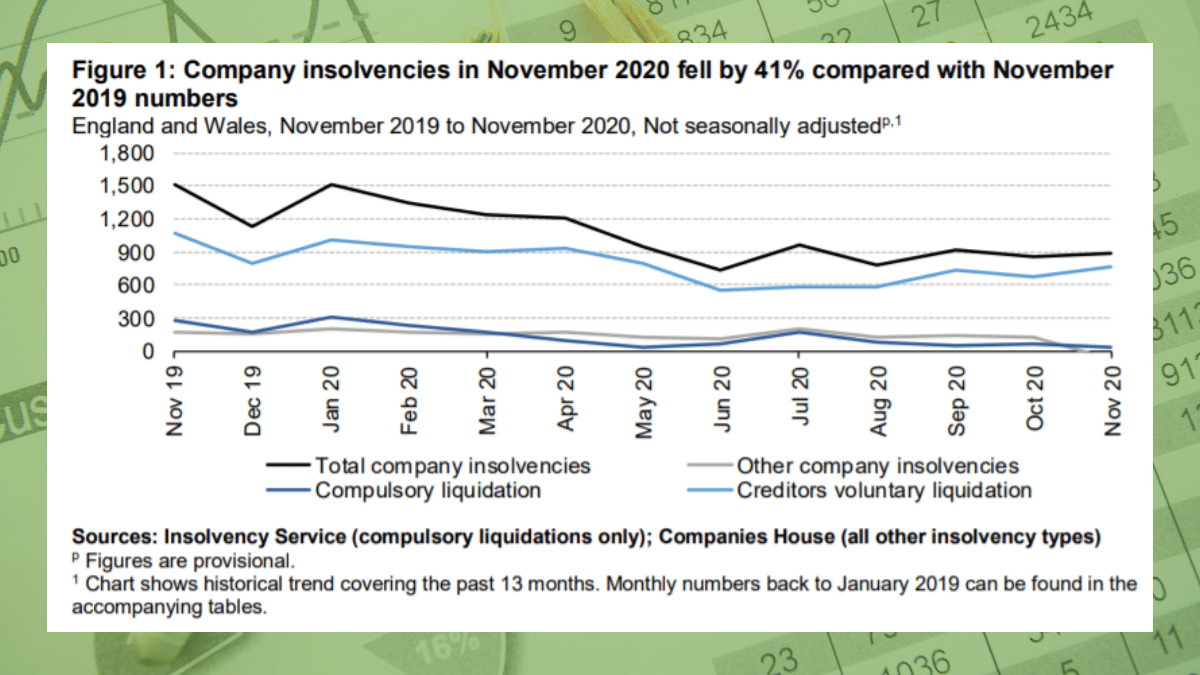The Main Principles Of Insolvency Practitioner
Wiki Article
Some Known Factual Statements About Insolvency Practitioner
Table of ContentsAll about Insolvency PractitionerAll about Insolvency PractitionerThe Ultimate Guide To Insolvency PractitionerThe Definitive Guide for Insolvency PractitionerInsolvency Practitioner - QuestionsThe Facts About Insolvency Practitioner UncoveredThings about Insolvency Practitioner
Bankruptcy is when responsibilities are more than the worth of the firm, or when a borrower can not pay the financial obligations they owe. A business can become insolvent as a result of a number of scenarios that result in inadequate cash flow. When encountered with bankruptcy, a company or individual can contact creditors directly and restructure debts to pay them off.
Company owners may call creditors directly and restructure debts into more manageable installments. Financial institutions are commonly amenable to this strategy due to the fact that they desire to be settled and stay clear of losses, also if the settlement is on a postponed timetable.
The owner creates a proposal outlining exactly how the financial debt might be restructured making use of cost decreases or other prepare for assistance. The proposal reveals financial institutions how business may create sufficient cash money circulation for successful procedures while paying its debts. Usually, a forgiven debt may be thought about income by the Irs (IRS).
Insolvency Practitioner Can Be Fun For Everyone
When a business needs to pay enhanced prices for products and solutions, the business passes along the expense to the consumer. Rather than pay the enhanced price, many consumers take their company somewhere else so they can pay less for a services or product. Losing clients results in losing income for paying the business's financial institutions.When procedures cease, so does the company's earnings. Some firms end up being insolvent because their goods or solutions do not evolve to fit consumers' transforming needs.
Little Known Questions About Insolvency Practitioner.
Costs surpass incomes and bills stay unpaid. Types of bankruptcy consist of cash-flow bankruptcy and balance-sheet insolvency. Cash-flow insolvency takes place when a company has the assets to cover their financial obligations but they remain in the wrong kind, such as property rather than fluid funds. Balance-sheet bankruptcy, on the various other hand, shows an absence of assets in any kind of form to cover financial obligations.The internal revenue service states that an individual is financially troubled when the overall liabilities exceed overall assets. Insolvency Practitioner. A insolvency, on the various other hand, is a real court order that shows how a bankrupt individual or organization will settle their financial institutions, or how they will offer their assets in order to make the repayments
All about Insolvency Practitioner
If that situation prolongs longer than anticipated, it can cause insolvency. When a company or individual is bankrupt, they can not meet their economic commitments. Solvency is when you have sufficient funds to cover the settlements you owe. A firm is considered solvent when they have extra properties than obligations.
Recognizing the elements that can cause bankruptcy, such as overspending, can help you prevent insolvency and its effects.
How Insolvency Practitioner can Save You Time, Stress, and Money.
It is popular that directors click to investigate and policemans of firms (and managers of restricted liability companies) owe fiduciary responsibilities to their companies and their shareholders (or members). These fiduciary responsibilities are defined by state statutes and, though there are variations from state to state, they usually include a duty of loyalty and a responsibility of treatment.The task of care requires directors and police officers to exercise diligence, to make informed decisions, and to act in good confidence so that their actions are in the most effective interest of the firm. Though beyond the range of this conversation, some states allow these duties to be restricted either by so noting in the organizational papers or adhering to various other demands.
Some Ideas on Insolvency Practitioner You Need To Know

Beware concerning giving shareholders special therapy at the expense of financial institutions (e.g., authorizing and moneying a dividend or a supply redemption). Beware about preferential therapy in between classes of shareholders. index Make sensible efforts to discover all the facts prior to taking a certain training course of action; directors must really think that any decisions made are in the best interests of the company in its whole (i.e., decisions will certainly be assessed in knowledge due to the impact of more helpful hints such actions on the firm).
In any type of insolvency or insolvency proceeding, repayments made to particular financial institutions at the expenditure of other financial institutions can be clawed back, particularly if there is some link in between the company and the lender. Take into consideration recommending at an annual shareholder meeting (or any other conference of shareholders) a resolution verifying that all prior business decisions and activities taken by the supervisors and officers of the corporation were taken in good faith after a workout of practical treatment.
The Ultimate Guide To Insolvency Practitioner
Totally disclose any kind of individual or business relationships with parties beyond of transactions entailing the firm to avoid the appearance of a problem of passion. In examining potential fund raising purchases or a sale of assets of the distressed company, know that these purchases may be scrutinized later taking into account any subsequent expansion of directors' fiduciary tasks to consist of lenders.Report this wiki page